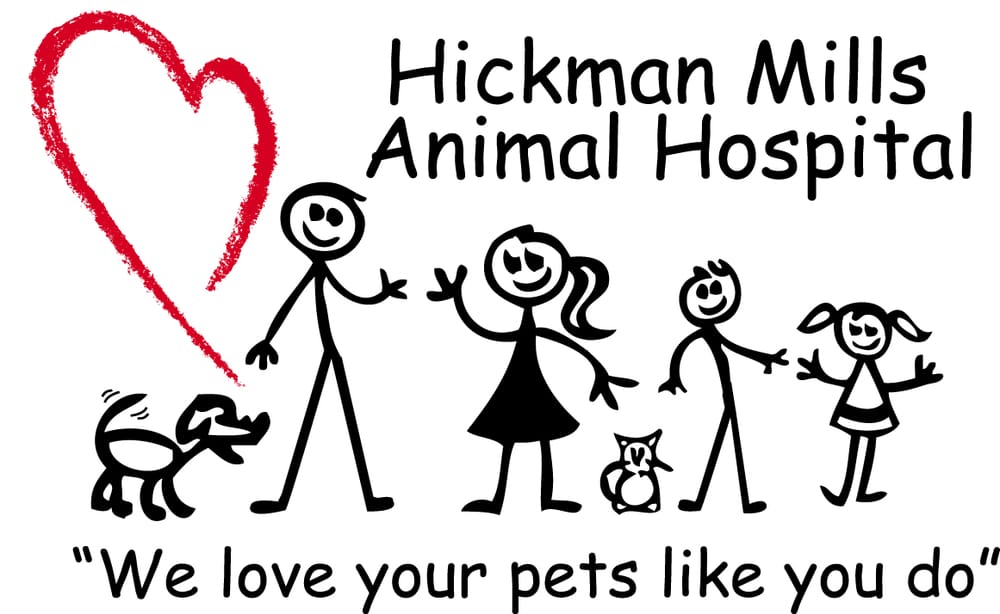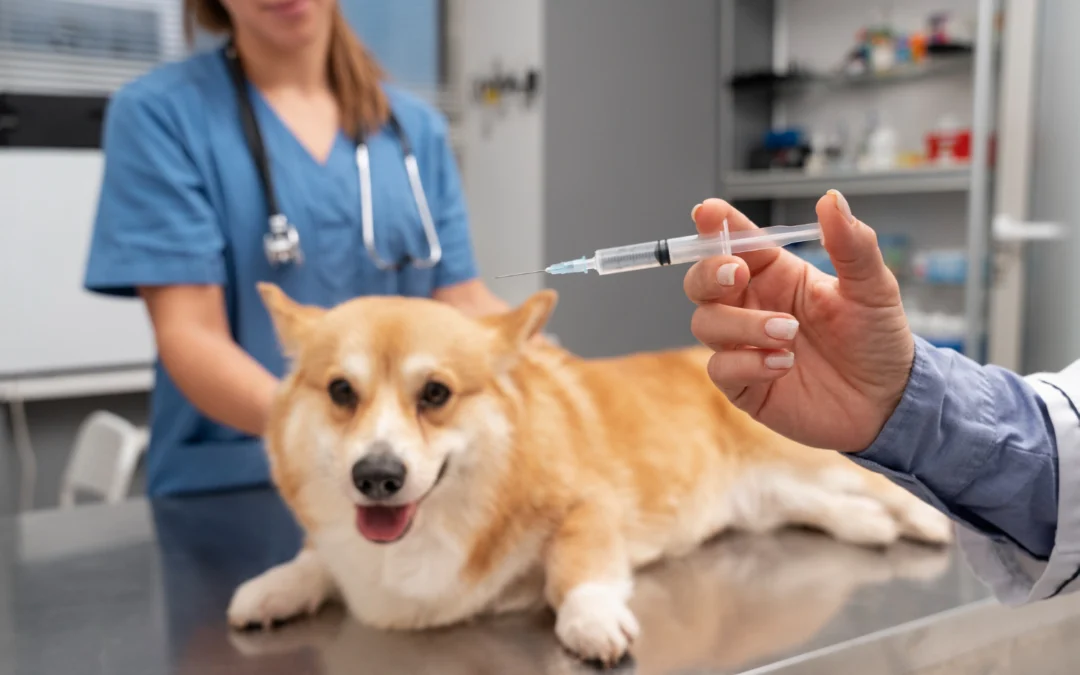Never would vaccinations come to mind for an owner of the pet, but then they are required for the health of the animals. With the lovable arrival of a playful puppy or the nurturing of an aged cat, putting in a bit of effort to learn about vaccinations is a sensible decision to deliver lifetime responsibility. Vaccinations immunize pets against dangerous diseases, making them live longer and healthier.
One of the top-rated vet hospitals in Kansas City makes sure to stress that vaccines are not merely about preventing disease, but they are the foundation of sound veterinary medicine. Through the recommendation of a trusted Kansas City vet, pet owners can make educated decisions that are in the best interest of their pet.
Why Vaccines Are Important for Pet Health
Vaccination confers immunity to deadly viruses and bacteria. Rabies, distemper, and parvovirus, once illnesses that spelled death for pets across the country, no longer have such deadly outcomes thanks to the vaccination programs.
According to the American Veterinary Medical Association (AVMA), vaccines not only averted the outbreak of many animal epidemics but also saved lives running into the millions.
Core Vaccines Every Pet Should Receive
Core shots guard animals against the deadliest and now most avoidable diseases. Vaccinations are indispensable, whether your pet has a particular type of environment or way of living.
Shots for Dogs
- Rabies: Zoonotic (transmissible to humans) and deadly disease.
- Distemper: Respiratory, intestinal, and nervous tissue infection.
- Parvovirus: Causes vomiting and diarrhea, and kills.
- Adenovirus: Causes liver failure and respiratory disease.
- Bordetella (Kennel Cough): Not just for the dog going to daycare or boarding, but a common mixed pathogen respiratory infection.
Shots for Cats:
- Rabies: As deadly and zoonotic.
- Feline Distemper (Panleukopenia): Infection of the gastrointestinal and immune systems.
- Herpesvirus: Direct pathogen of respiratory illness.
- Calicivirus: A respiratory tract virus that has the potential to cause pneumonia.
These shots will be part of any routine cat maintenance plan by a Kansas City expert veterinarian for both indoor and outdoor cats.
Non-Core Vaccines: Personalized Protection
Non-core vaccines are administered with certain risk factors in consideration, such as lifestyle, traveling, and location of domicile. The individualized needs of your pet will be determined by a professional Vet hospital in Kansas City before recommending additional vaccinations.
Shots for Dogs
- Leptospirosis: Transmitted through infected water or ground.
- Lyme Disease: Commonly found in wood or tick-infested regions.
Shots for Cats
- Feline Leukemia (FeLV): Also suggested for multi-cat homes or outdoor homes.
Debunking Common Pet Vaccination Myths
Here’s the reality behind myths:
“My indoor pet doesn’t need vaccines.”
Indoor pets are still at risk from people, fleas, or escape. Immunity is still needed.
“Vaccines weaken pet’s immunity.”
Vaccines strengthen the immune system by instructing the body on how to defend itself against germs.
“My pet does not need it.”
Vaccination is preventive medicine! A healthy pet today could be at risk for a fatal disease tomorrow if unprotected.
What to Expect on a Vaccination Visit
A vaccination visit to Hickman Mills Veterinarian in Kansas City is generally uncomplicated and easy.
- Your vet will examine your pet for overall health to make sure he or she is healthy enough to receive the vaccine.
- The shot itself only takes a few seconds and is administered in the leg or shoulder.
- After the Shot, slight side effects such as tiredness or low-grade fever may occur, but generally clear up within 24-48 hours. Always contact your vet if you notice something unusual.
Puppy and Kitten Vaccine Schedules
Early vaccination with a follow-up booster assures lifelong protection.
Shots for Puppies
- 6–8 weeks: First round (distemper, parvovirus, adenovirus)
- 10–12 weeks: First round of booster shots
- 16 weeks: Final round of shots with rabies vaccination
Shots for Kittens
- 6–8 weeks: Initial shots (calicivirus, distemper)
- 10–12 weeks: Second series +/- Feline leukemia virus test (FeLV)
- 16 weeks: Final round of shots with rabies vaccination
After the first series, annual boosters thereafter are required to ensure immunity.
Choose a Genuine Vet Hospital in Kansas City
Having your animal vaccinated is one of the most powerful, effective things you can ever do as an owner. With the help of Hickman Mills Veterinarian in Kansas City, your pet gets customized, professional care twice each year.
Call Hickman Mills Animal Hospital, a compassionate, skilled Vet hospital in Kansas City, for semi-annual wellness exams, standard vaccinations, and personal guidance. Their skilled veterinarians are available to assist with any pet living a healthier, safer life.
Let us love your pets like you do.



